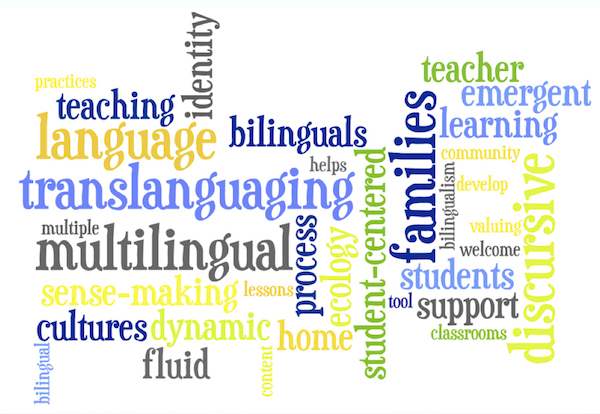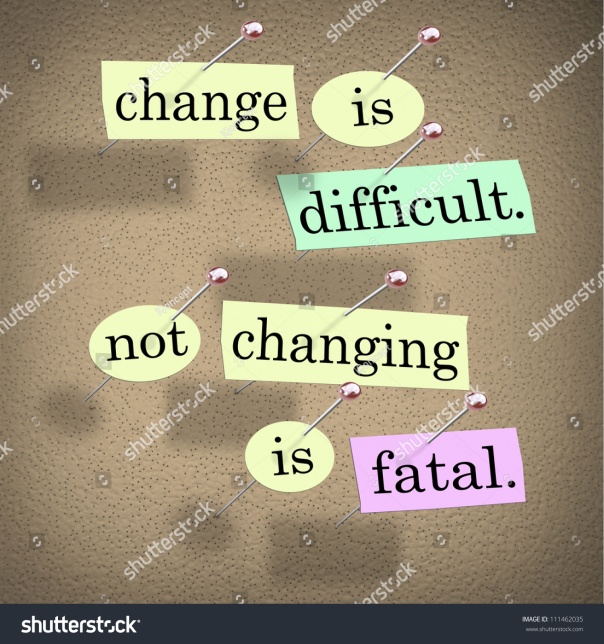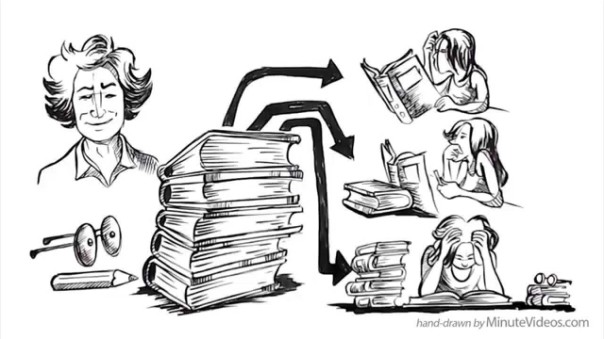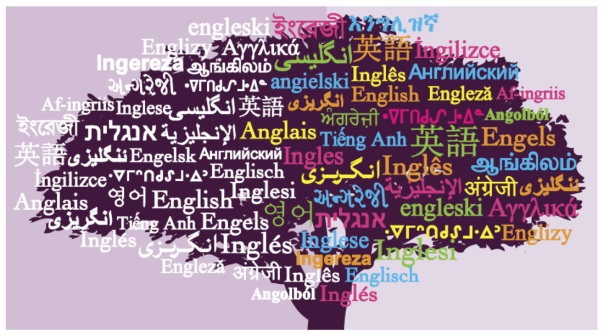
Language is more than just a way of delivering your thoughts. It has an impact on our culture and the way how we conceptualize the world around us. Thus, language is a social phenomenon. Therefore, it can be directly related to the history and development of the society. Society influences the development of the language. It also determines the future of the language whether it would expand or diminish. These days, there are some dominant languages, which are rapidly spreading and growing universally, while some minority languages are losing their positions dramatically. In the sense that language and culture are deep rooted, it is of paramount importance to protect and preserve minority languages as they establish cultural diversity and prevent the loss of cultural identity in this globalized world full of multicultural and multilingual societies. This multilingual shift in the 21st century has significantly influenced schooling systems of many countries; although the use of language diversity of their learners as a resource were neglected in most of those national schooling systems before. However, sociolinguistic realities of modern societies forced the educational systems to accept the multilingualism in education and its consequences (Garcia & Kano, 2014). The increase in international migration and erasure of boundaries in terms of globalization process have shifted the focus of schools from monolingual paradigm to multilingual paradigm (Kramsch, 2009). In this case, pedagogical practices and teaching approaches could not avoid this multilingual shift with its global involvement of various language teaching and learning concepts.
There are more chances to become successful in teaching if you know how your students learn. The learning process comprises ensuring learners with various techniques to analyze, synthesize and evaluate academic content. García (2009) states that even though there is a tremendous spread of bilingual education across the globe in the 21st century, how two or more languages cooperate and affect learning has still little comprehension of it. The reason for this might be that in many cases bilingual education programs set apart languages strictly, considering bilinguals as “two monolinguals in one” (Grosjean, 1989). However, quite recently academic society has questioned the rigorous separation of languages in classroom settings, giving an opportunity to reveal the concept of translanguaging.
The term of translanguaging has revealed itself just recently. This new term has roots in the field of bilingualism in general, and related to the area of bilingual education in particular. One of the main proponents of translanguaging, who explicitly promotes this term Ofelia García with her colleagues Ricardo Otheguy and Wallis Reid (2015), defined translanguaging as “… the deployment of a speaker’s full linguistic repertoire without regard for watchful adherence to the socially and politically defined boundaries of named (and usually national and state) languages” (p.68). That is to say, in translanguaging the role of communication prevails rather than language itself. In some cases languages are taught with the focus on accuracy in particular language for the sake of passing the exams by learners. However, the cases when time is spent on exploring theories with contribution to the knowledge, when students are guided to make connections of ideas and assisting to make the voices of learners to be heard can be considered as the main goal of any teaching and learning process. And in this instance, it is about communicating, and this is where the whole language repertoire as a resource can be very essential. In other words, translanguaging is when a bilingual individual retrieves various linguistic characteristics or different ways of what is depicted as independent languages, with an eye to maximize communication opportunities and possibilities (García, 2009, p.140). In order to be able to assess the knowledge of bilingual students and to understand what they can do with language, their ability to use specific forms of one language or another has to be separated from their ability to use language. Because only by using their whole language repertoire, bilingual students will be able to show what they know, and particularly what they can do with language.
In conclusion, the role of translanguaging in relation to multilingualism in general and bilingual education in particular is vital. Because it promotes the pedagogical practice that allows bilingual students to use their whole linguistically diverse repertoire in order to obtain and understand the full content of academic knowledge in the classroom.
So, how do you think how the concept of translanguaging can be adapted for the Kazakhstani context?
References:
García, O. (2009). Bilingual education in the 21st century: A global perspective. Malden, MA and Oxford: Blackwell/Wiley.
García, O. & Kano, N. (2014). Translanguaging as process and pedagogy: Developing the English writing of Japanese students in the U.S. In J. Conteh & G. Meier (Eds.), The multilingual turn in languages education: Benefits for individuals and societies. Clevedon, England: Multilingual Matters.
Grosjean, F. (1989). Neurolinguists, beware! The bilingual is not two monolinguals in one person. Brain and Language, 36(1), 3–15.
Kramsch, C. (2009). The multilingual subject: What foreign language learners say about their experiences and why it matters. Oxford, England: Oxford University Press.
Otheguy, R., García, O. & Reid, W. (2015). Clarifying translanguaging and deconstructing named languages: A perspective from linguistics. Applied Linguistics Review, 6(3), 281-307.
photo credits to: https://traue.commons.gc.cuny.edu/volume-iv-issue-1-fall-2015/translanguaging-practice-briefs-for-educators/




 The question of switching to Latin alphabet is still very disputable in our country. And this issue has two sides of the coin as well as two groups as for and against. However, according to the policymakers, the decision has been made. And now by the help of some excerpts from their speeches I’m going to tell you why there is no more need to raise this question up.
The question of switching to Latin alphabet is still very disputable in our country. And this issue has two sides of the coin as well as two groups as for and against. However, according to the policymakers, the decision has been made. And now by the help of some excerpts from their speeches I’m going to tell you why there is no more need to raise this question up.


